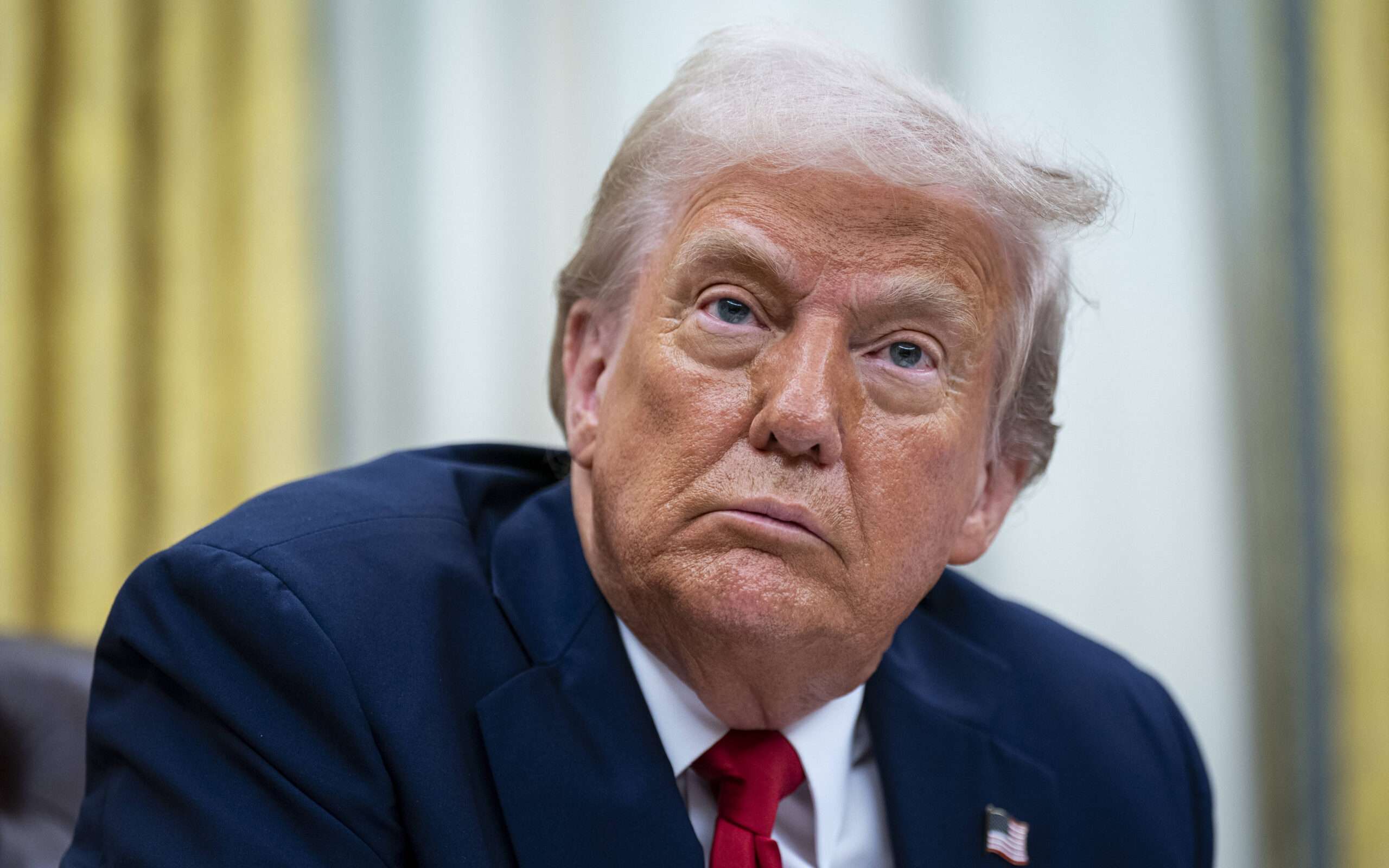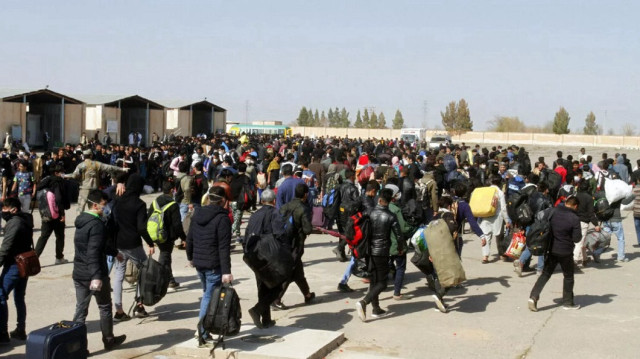Russia Reconsiders Taliban's Terrorist Status
Russia's Supreme Court decision to remove Taliban from the terrorist list marks a strategic shift, with implications for regional diplomacy and economic relations.
Published April 18, 2025 - 00:04am

Image recovered from arabnews.com
In a significant development on the international stage, Russia's Supreme Court has lifted the designation of the Taliban as a terrorist organization, a decision which highlights the evolving geopolitical strategies of Moscow in its engagement with Afghanistan. This move is seen as a symbolic gesture rather than a formal recognition of the Taliban's government in Kabul, yet it marks an important shift in Russia's approach as it seeks to normalize relations with Afghanistan's de facto rulers.
Since seizing power in August 2021, the Taliban have not been formally recognized by any country, including Russia. However, Moscow has steadily built informal links with the group over the past few years. President Vladimir Putin has articulated a vision of the Taliban as allies in the battle against terrorism, acknowledging the strategic necessity of fostering such ties amidst heightened security threats from militant groups in the region.
Historically, the Taliban were blacklisted in Russia in 2003 due to their support for separatists in the North Caucasus and their declared jihad against Moscow. This classification has complicated diplomatic interactions, as Russian officials frequently met Taliban representatives at international forums. The recent ruling eliminates such diplomatic awkwardness, while aligning with Russia's interests in countering Islamic State-Khorasan (IS-K), particularly after the devastating attack near Moscow in March 2024, which killed 145 people.
The economic dimension of Russia's policy recalibration is also evident. As part of Moscow's broader strategy to enhance trade and investment links, Russian businesses are considering opportunities in Afghanistan's untapped markets, especially in the energy and infrastructure sectors. The strategic position of Afghanistan as a potential transit hub for gas reaching Southeast Asia represents a valuable economic incentive for Russia.
Russia is not alone in its tentative outreach to the Taliban. Countries like China, which appointed an ambassador to Kabul in 2023, and Kazakhstan, which has delisted the Taliban from its own terrorist registry, highlight a regional trend of pragmatic engagement with Afghanistan under the Taliban's rule.
This shift in Russia's stance occurs against the backdrop of continued international concerns about the Taliban's strict interpretation of Islamic law, which severely restricts women's rights. Western states continue to withhold full recognition, demanding significant policy changes regarding women's access to education and employment as preconditions for improved relations.
Diplomatic engagements, such as those by Russian Foreign Minister Sergei Lavrov, emphasize Russia's commitment to a nuanced diplomatic approach, balancing the complex dynamics of regional security, economic interests, and the quest for stability in Afghanistan. Nonetheless, the broader international community remains cautious, with the Taliban's human rights record casting a long shadow on the path to formal diplomatic recognition.






